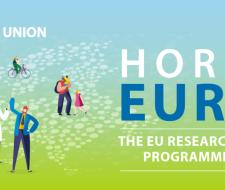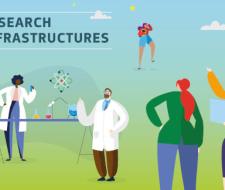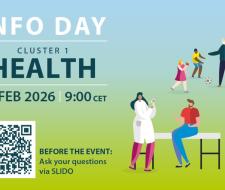The Global Service Facility (GSF) of the European Commission in cooperation with Directorate-General for Research and Innovation, on 19 March 2026, is organising a webinar targeting research and innovation stakeholders from the Eastern Partnership (EaP) countries, aiming to strengthen their participation in Horizon Europe (the EU’s Framework Programme for Research and Innovation) by providing some insights into the Horizon Europe Work Programme 2026-2027.
More specifically, the webinar will:
- Present the Horizon Europe Work Programme 2026–2027, with a focus on funding opportunities relevant for the EaP Partner countries;
- Highlight thematic areas and funding instruments of a particular strategic importance for the region, as for example Artificial Intelligence in science;
- Present specific R&I funding opportunities for Ukraine in the Horizon Europe Work Programme 2026–2027;
- Introduce the European Innovation Council (EIC) Work Programme 2026, with emphasis on instruments accessible to widening countries;
- Offer a general overview of the EU’s forthcoming 10th Framework Programme for Research and Innovation (FP10);
- Facilitate exchange, questions and networking among R&I stakeholders from the EaP region.
For further details about the event, including the concept note, detailed agenda, and registration, please visit the official event page: https://registration.dlr-pt.de/en/information-and-networking-webinar-to-support-cooperation-with-eastern-partnership/registration






